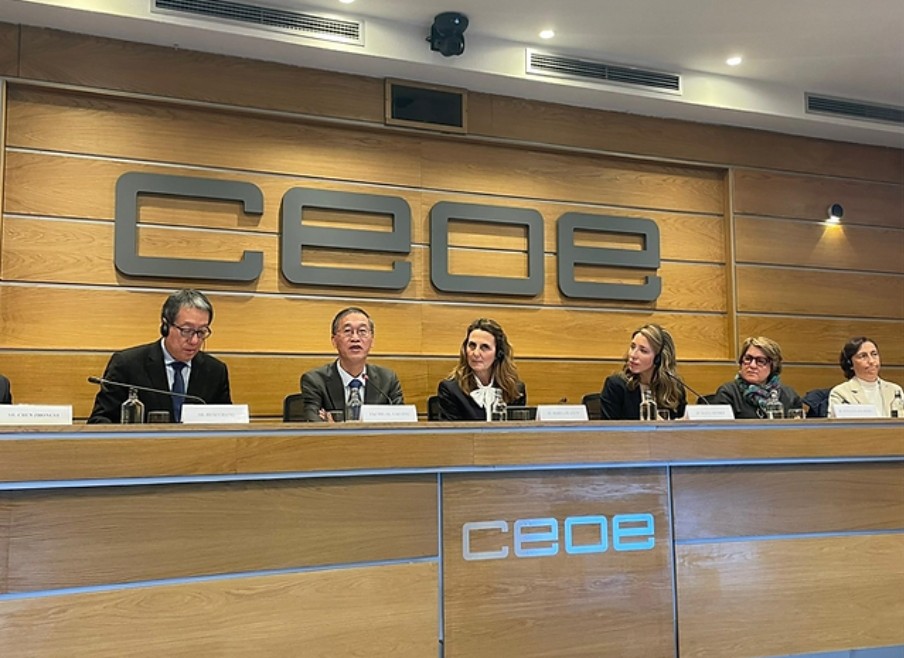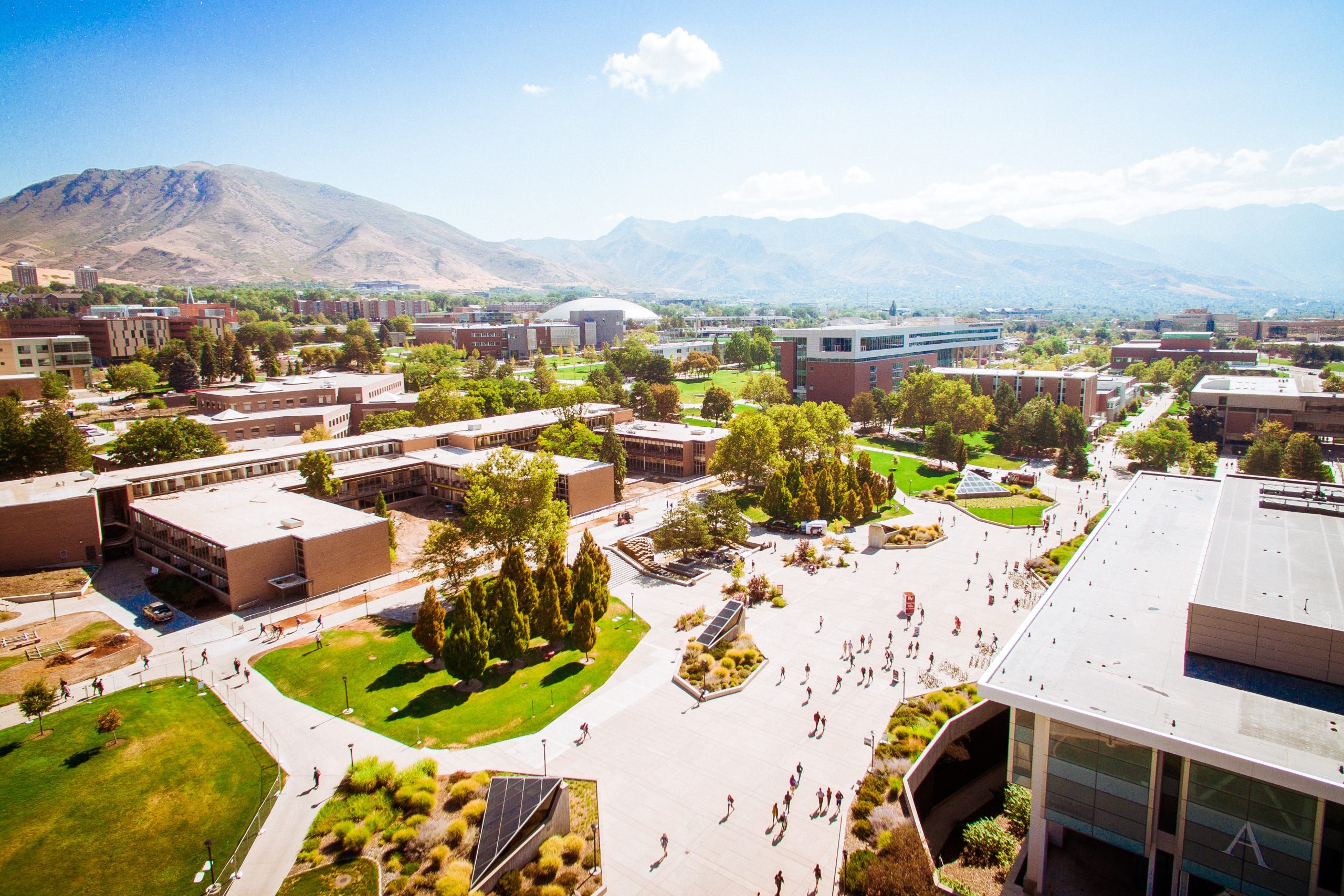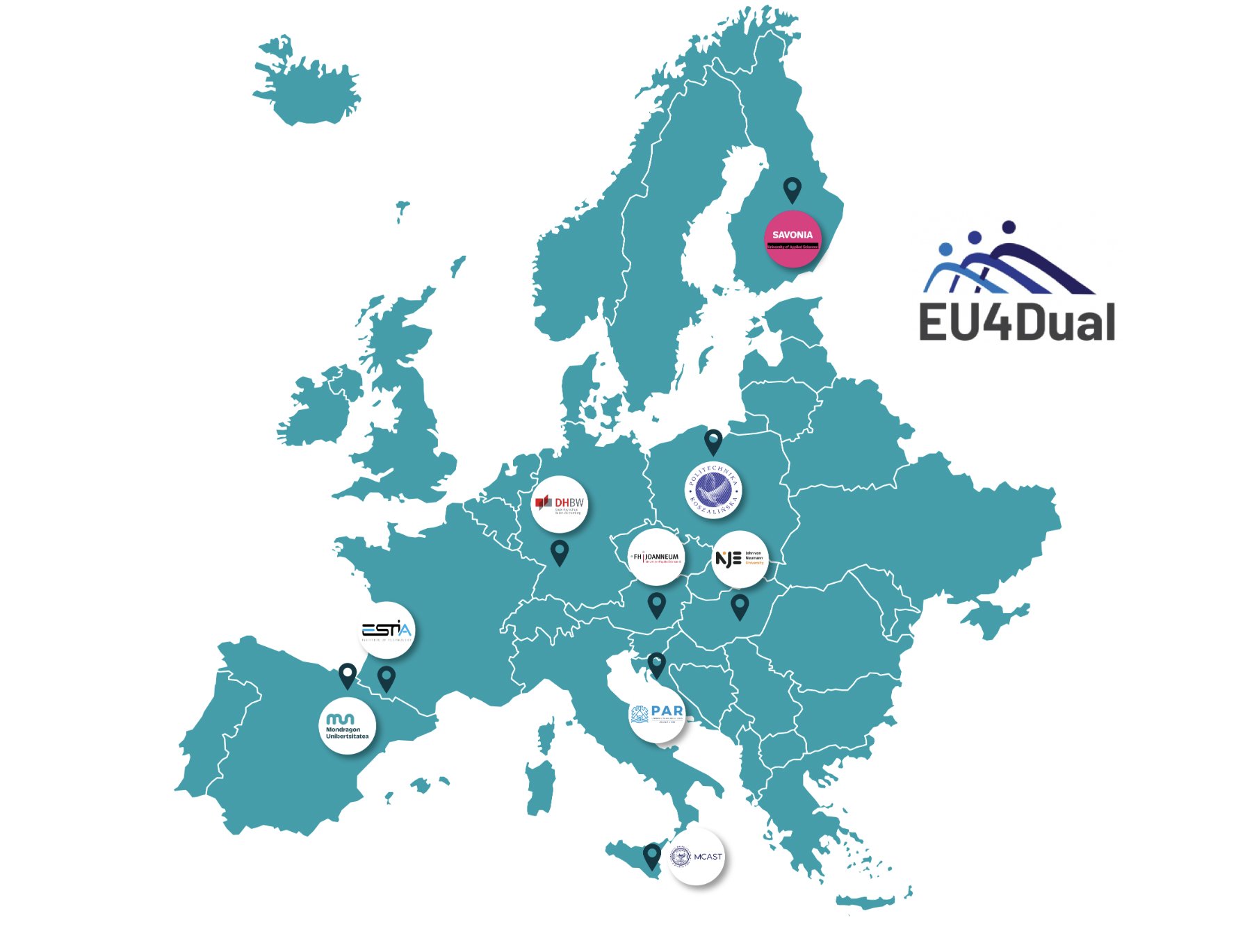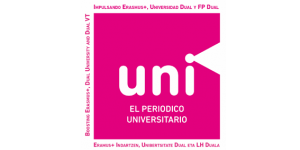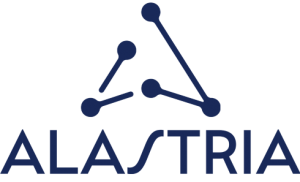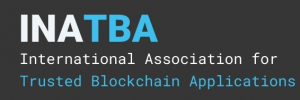The European Parliament, also known as the Eurochamber, is the parliamentary institution that directly represents the citizens of the Union and which, together with the European Commission and the Council of the European Union, exercises the legislative function.
More information at:
www.europarl.europa.eu/portal/en
The aim of the Schuman Fellowships is to contribute to the education and vocational training of citizens of the European Union and to offer the opportunity to know the work of the European Parliament.
The duration of these internships is five months.
Requirements for Schuman Scholarship Applicants:
- Must be over 18 years of age.
- Must hold a college-level degree (or more).
- Must meet language requirements.
- They must provide a valid criminal record certificate.
- Not having worked more than two consecutive months in an institution or body of the European Union.
- Not to have visited studies or for specific research less than six months before the start of the practice period.
There are two deadlines for applying:
- From 1 October to 28/29 February: 1 June – 30 June.
- From 1 March to 31 July: November 1st – November 30th.
Candidates can apply for three scholarship offers per period.
More information at: www.europarl.europa.eu/at-your-service/en/work-with-us/traineeships
Erasmus+ programme
Erasmus+ is the EU programme that supports education, training, youth and sport in Europe. It began as a student exchange program in 1987 and, since 2014, offers opportunities for teachers, fellows and volunteers of all ages.
A general call for proposals is published each year.
Learn more about the program at:
ec.europa.eu/programmes/erasmus-plus/node_en
Employment
EUROPEAN OFFICIALS
Officials are selected through general competitions organized by the European Personnel Selection Office (EPSO).
EPSO is responsible for the selection of staff for Parliament, but also for all other EU institutions.
TEMPORARY AGENT
A temporary agent can be hired for various functions, for example:
- Occupy a position classified as temporary by the budgetary authority.
- Replace an official on a temporary basis.
- Assist a person exercising a mandate provided for by the Treaty (Presidents, Vice-Presidents, Quaestors).
- Attend the political groups of the European Parliament.
The selection procedures for some of these categories are published on the EPSO page, on the European Parliament’s website and on the pages of political groups.
Accredited Parliamentary Assistant
Members of the European Parliament elect and hire their accredited parliamentary assistants, they are responsible for assisting, assisting, advising and accompanying the MEP in their parliamentary functions.
His work varies depending on the parliamentarian and the office. They perform administrative functions, policies, manage the day-to-day of parliamentary committees, prepare information summaries, etc.
They are the permanent link between the institution and the Member, as well as between the institution and the citizen.
More employment information in the EP:
www.europarl.europa.eu/at-your-service/en/work-with-us/employment
Study visits
These visits are intended to provide citizens of all nationalities, aged 18 years or older, with the opportunity to deepen the study of specific issues related to European integration. It is also possible to investigate in the library or in the historical archives of the European Parliament.
The maximum duration of study visits is two months. Persons who have already made a study visit, an internship or have enjoyed an employment contract in the European Parliament must wait six months before submitting an application. Similarly, a candidate who has made a study visit must wait six months before applying for an internship.
Requests for a visit must be sent to the address at least one month before the scheduled date of the start of the visit: PERS-Studyvisit@ep.europa.eu.
More information at:
www.europarl.europa.eu/spain/es/juventud/practicas_y_visitas_de_estudios.html
Ambassador Schools Program
Educational programme aimed at stimulating knowledge of Europe and European parliamentary democracy among young people by providing them with active knowledge of the European Union in general and of the European Parliament in particular. It is not just a question of teaching data about the European Union, but also about giving them the opportunity to experience European citizenship.
More information at:



